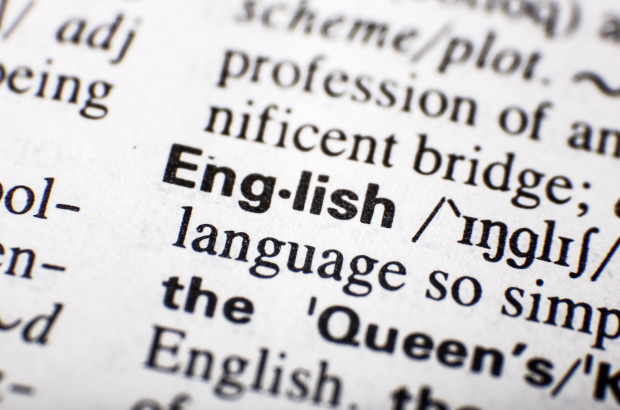- Daily & Weekly newsletters
- Buy & download The Bulletin
- Comment on our articles
Belgium ranks sixth in world index of non-native English speakers
Belgium continues to improve in the world ranking of the best non-native English speakers with the latest edition of the EF English Proficiency Index placing it in sixth place.
The Zurich-based international education company EF Education First recently published the 2021 edition which analyses data from two million people in 112 countries and regions who are not native English speakers. This year, Belgium has improved its previous score and moves past Sweden, Finland, Germany and Portugal to take it just outside the top five countries in the world for English-speaking non-natives.
As the general level of English improves around the world, Scandinavia no longer dominates the top spots in this world ranking. The Netherlands has retained its number one place by a comfortable margin, the French have maintained their level and remain in the high skill class ahead of Italy and Spain.
"Despite the decline in the field of travel, English continues to facilitate cross-border communication and cooperation and enable new ways of working,” said Kate Bell, author of the EF English Proficiency Index. “This year's EF EPI is more comprehensive than ever, providing valuable information for governments to assess their language learning policies and highlight strategic areas for improvement.”
The EF EPI is based on the results of the EF Standard English Test (EF SET), used worldwide by thousands of schools, businesses and governments for large-scale testing, as well as by millions of individual candidates.
The findings from Belgium also show that Dutch speakers are ahead of French speakers in the country when it comes to mastering the language of Shakespeare. According to the EF EPI, the Walloons obtained a result of 554 against 648 for the Flemish.
"There are fewer people who speak Dutch outside their country,” explained Philippe Hambye, sociolinguist at UC Louvain. “So, they need a foreign language more. English is the closest because it is also a Germanic language. And then there is the fact that they are used to watching English TV shows, and subtitled movies."
West Flanders is in first position among the Belgian regions in English proficiency, followed by Antwerp, Limburg, Flemish Brabant and East Flanders. Luxembourg is the region at the top of the Walloon ranking. The Belgian cities at the top of the ranking are Antwerp, Ghent, then Brussels and Liège.
Belgium follows the global trend, with the 26-30 age group scoring highest, followed by 21–25-year-olds, and then 31–40-year-olds.
Adults over the age of 30 have made the most progress since last year, and those over 40 scored in the moderate skills category for the first time. These trends highlight the ability of adults to acquire language skills throughout their careers.
For the first time, the index showed that men's English skills surpassed those of women, thanks to an increase in men's skill level.

















